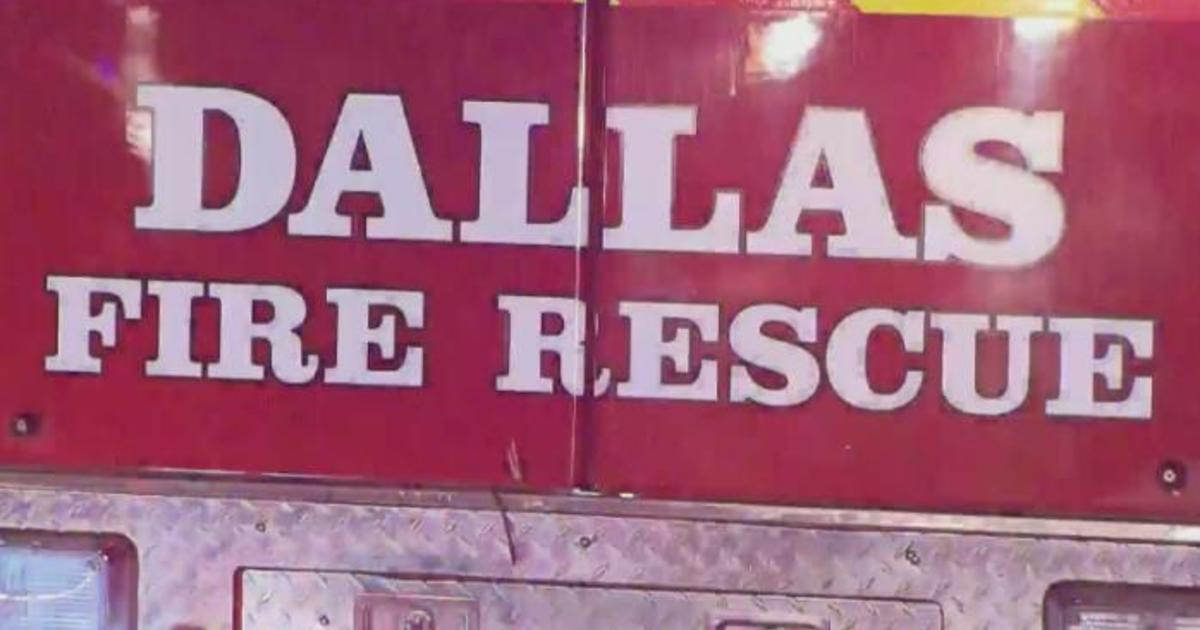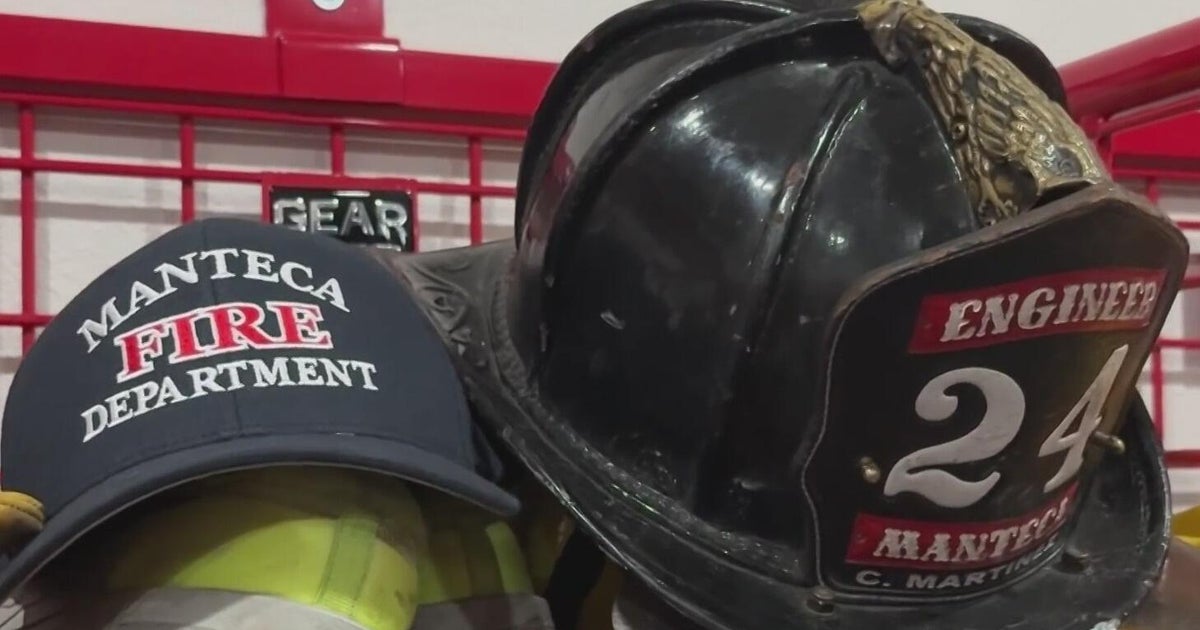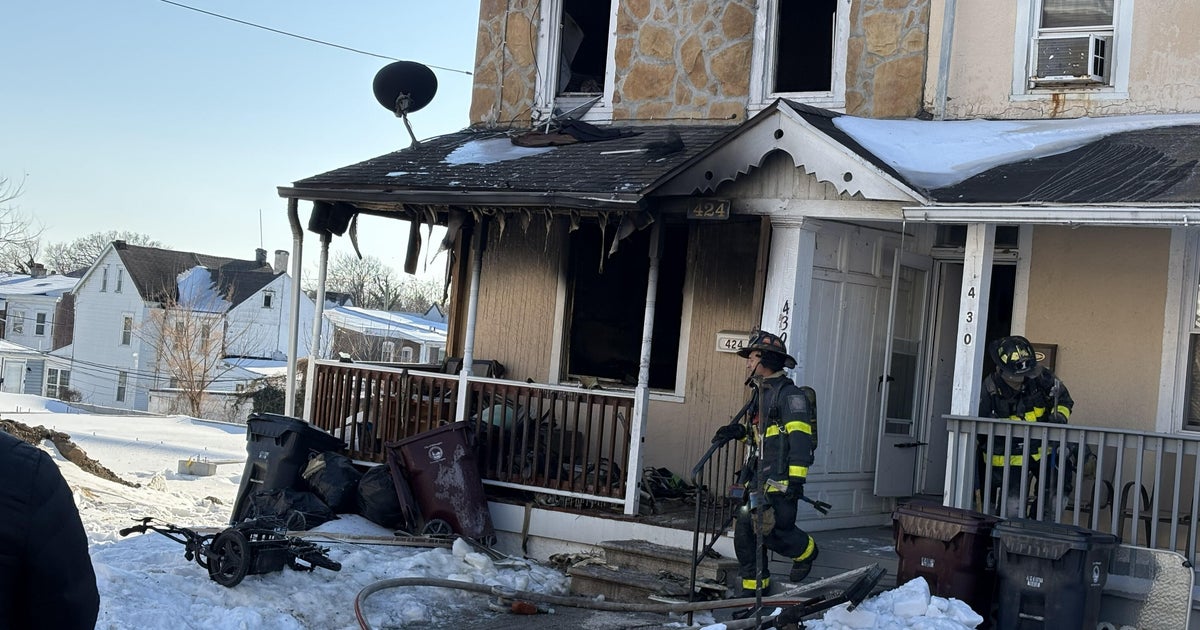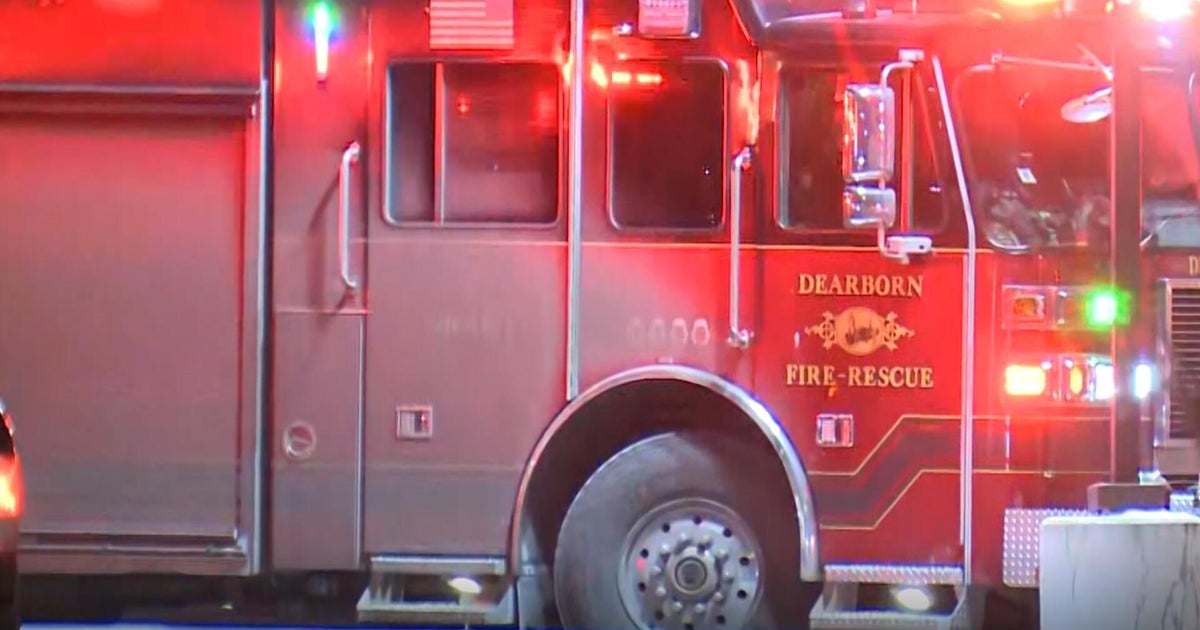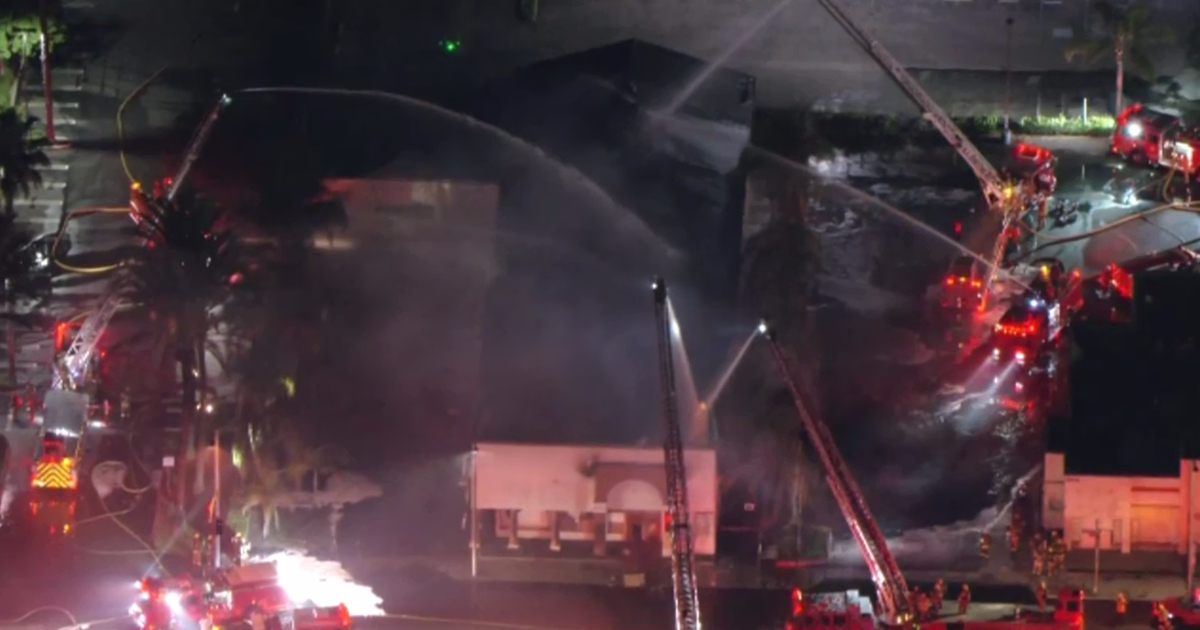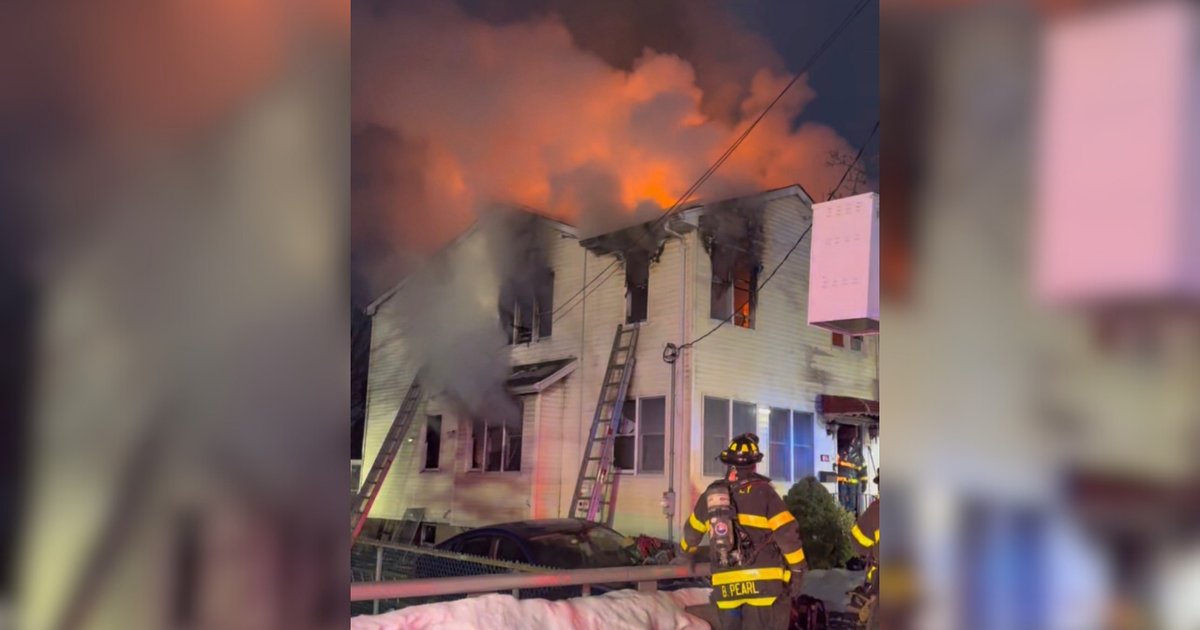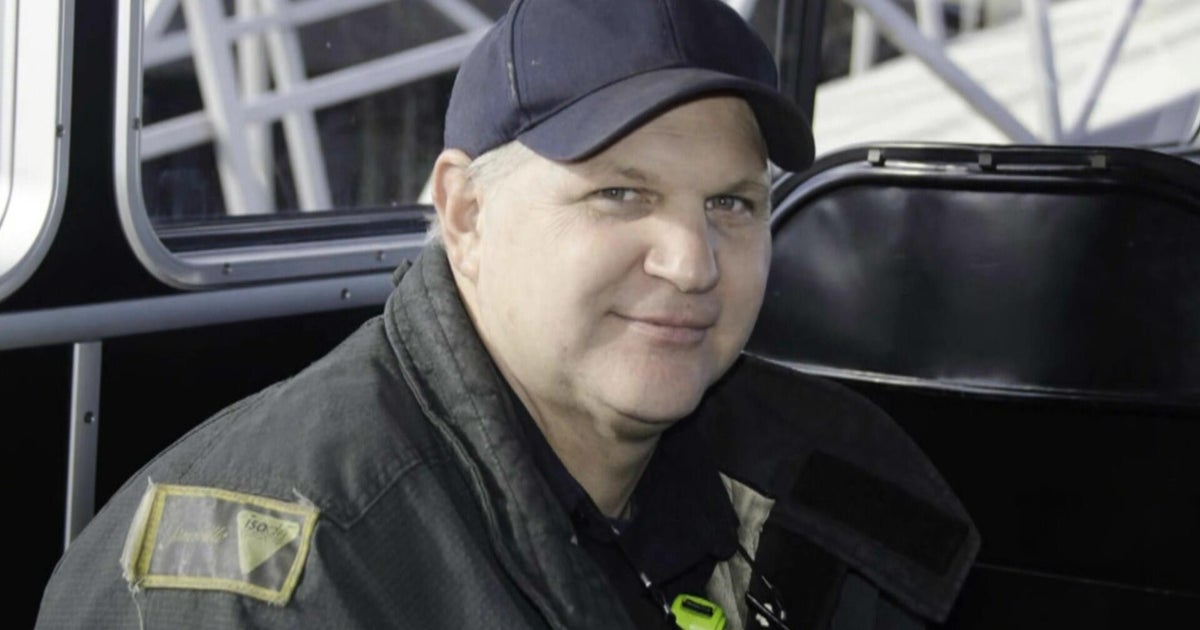Malfunctioning Alert System Causing Dallas Firefighters To Miss Calls, Arrive Late To Others
DALLAS (CBSDFW.COM) - The fire at the Willows on Rosemeade Apartments started just before 3:00 a.m. back in March, but the closest firefighters to the scene had no clue.
The system designed to alert them never went off.
So, instead of a quick response from Dallas Fire Station 10, less than two miles away, the first fire engine to arrive came from Dallas Fire Station 7, which is three times as far.
By then, it was too late to save the building.
"The apartment complex sustained a lot more damage than it probably would have had 10 gone out," said City Council Member Cara Mendelsohn, at a Public Safety Committee meeting Tuesday, Oct. 12.
The city of Dallas says the system has degraded over time.
"It's been a year and a half since we've started to see more broad, widespread instances of these problems," said Bill Zielinski, the city's Chief Information Officer.
In a memo to council members, Assistant City Manager Jon Fortune wrote, "The current system was implemented 20 years ago, was highly customized when put in place, is several software versions behind, and has several physical hardware components that are more than 10 years old. Additionally, the system is also overly complex, difficult to monitor in an automated fashion and tough to troubleshoot when a problem occurs."
Multiple efforts, including an upgrade from the Windows 7 operating system, have failed to fix the issue.
"This software which is critical for alerting our firefighters of instances is being run on Windows 7, which I believe came out in 2009," said Mendelsohn expressing concern for the outdated system.
Dallas Fire Fighter Association President Jim McDade says in the last six months stations have reported at least a hundred cases of alerts coming in late or not at all.
"This is important. This is about the safety of the public. And really it's about the safety of the firefighters also," said McDade. "Every minute, a fire doubles in size. The longer it takes, it takes us to get there, the bigger the fire's going to be."
The malfunctioning system has also delayed response to people in need of medical attention.
"Fire Station 56 didn't respond to someone who had a life threatening call because they didn't hear it either," said Mendelsohn.
McDade says, when someone has a heart attack, time is of the essence.
"The longer your brain doesn't have oxygen, the more permanent damage there is," he said. "If we are not able to respond in a timely fashion because the system fails, someone could die or have permanent damage."
For now, the city has assigned a dispatcher to call fire stations on the phone to make sure they've received an alert and are responding. Within the next year, though, it plans to replace the entire system
McDade says that need to happen as soon as possible.
"There's a reason we have lights and sirens and get to exceed the speed limit, it's to get there in a timely fashion to take care of these emergencies. But if we're not being notified of it, we can't do that," he said.
READ THE FULL MEMO HERE
